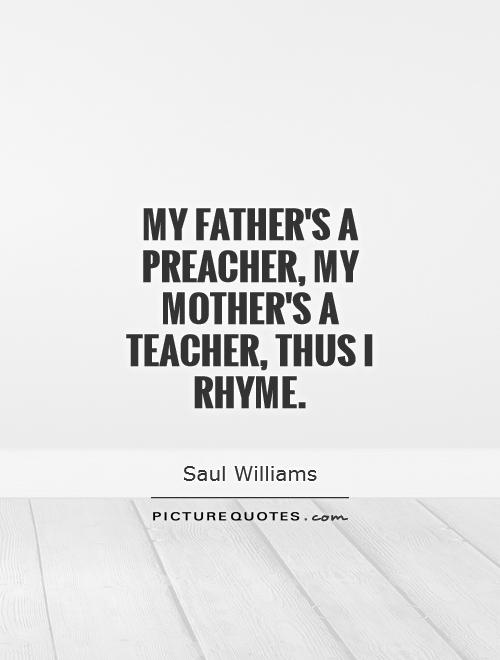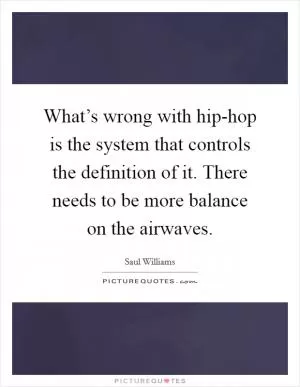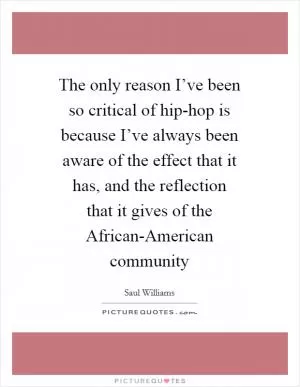My father's a preacher, my mother's a teacher, thus I rhyme

My father's a preacher, my mother's a teacher, thus I rhyme
Saul Williams, a renowned poet, musician, and actor, is known for his powerful and thought-provoking words that often touch on themes of social justice, spirituality, and personal identity. One of his most famous lines, "My father's a preacher, my mother's a teacher, thus I rhyme," encapsulates the intersection of his upbringing and his artistry.Growing up with a preacher father and a teacher mother undoubtedly had a profound impact on Williams' worldview and creative expression. The influence of his parents' professions can be seen in the way he weaves together elements of spirituality, education, and social commentary in his work. As the child of a preacher, Williams was likely exposed to the power of words and the importance of using language to inspire, uplift, and challenge others. Similarly, having a teacher for a mother may have instilled in him a love of learning, a commitment to truth and knowledge, and a desire to educate and enlighten through his art.
The line "thus I rhyme" suggests that Williams sees his poetry as a natural outgrowth of his upbringing and his identity as the child of a preacher and a teacher. For him, rhyming is not just a stylistic choice or a creative technique, but a way of embodying and expressing the values and beliefs instilled in him by his parents. Through his rhymes, Williams is able to channel the wisdom, passion, and moral clarity of his father's sermons and the intelligence, empathy, and dedication of his mother's teaching.












 Friendship Quotes
Friendship Quotes Love Quotes
Love Quotes Life Quotes
Life Quotes Funny Quotes
Funny Quotes Motivational Quotes
Motivational Quotes Inspirational Quotes
Inspirational Quotes